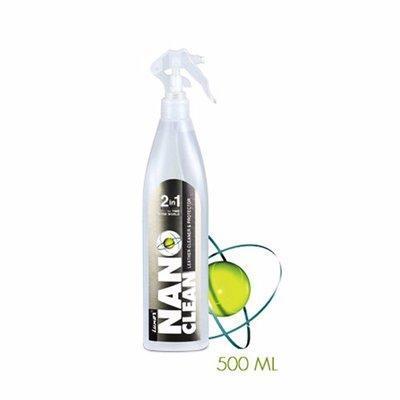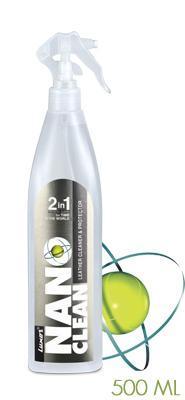This article is part of the HOGDigest editorial series. → Explore HOGDigest
How much do you know about heat pumps? Whether you're a pool owner or not, you have probably heard of this amazing device that can keep your swimming pool water at the temperature you desire with minimal use of electricity. However, it can be challenging to choose between the two common types of heat pumps used in the world today, gas vs. pool heat pumps.
But it's important to know that both types of heat pumps are quite capable and efficient at heating water. They have been around for decades, with each type having advantages and disadvantages. Before diving into the advantages and disadvantages of gas vs. pool heat pumps, it's important to understand the differences between the two to answer which is better.
Gas Vs. Pool Heat Pump's Differences
Gas vs. pool heat pumps have the same purpose since they heat the pool water, though they have a few differences.
The main difference is that gas heat pumps use natural gas as their main energy source, while pool heat pumps use electricity to power their operation.
The other difference is that gas heat pumps have an internal combustion engine that burns natural gas and powers an electric compressor. In contrast, pool heat pumps use electricity to power a fan that blows air into the air handler in your pool, forcing warm water through the pipes and out into your swimming pool.
Advantages of Gas Heat Pumps
- Gas heat pumps have several advantages compared to pool heat pumps which include:
- Gas heat pumps can heat water much faster than pool heat pumps, as gas is a more efficient heating method.
- The cost of gas heat pumps is less than that of pool heat pumps. Gas heat pumps can use natural gas, which is cheaper than electricity to power a pool pump to circulate water through your swimming pool.
- In terms of initial cost, gas pool heater installation is cheaper and easier than pool heat pump installation. This also depends on the size of your pool and the availability of natural gas supplies.
Disadvantages of Gas Heat Pumps
Gas heat pumps have several disadvantages compared to pool heat pumps which include:
- A gas heat pump is expensive since it uses more energy than a pool heat pump system.
- Gas heat pumps require a gas line connection to the pool, which may not be available to some people.
- As a result of the high heat production, gas heat pumps have a short life span.
Advantages of Pool Heat Pump
Here are some advantages of pool heat pump:
- It has a longer life span than gas heat pumps since they use less energy, making it more efficient since its operating cost is much lower.
- It is environmentally friendly compared to gas heaters since it doesn't pollute the environment.
Disadvantages of Pool Heat Pump
Some disadvantages of a pool Heat pump include:
- The main disadvantage of a pool heat pump is the installation process. It is more difficult and expensive to install a pool heat pump than a gas heater because it requires more maintenance, and its installation can be dangerous if done incorrectly.
- It warms up slower than a gas heater since it runs long distances, and it can take weeks to reach the desired temperature.
- It is more expensive than a gas heater in terms of the purchase price.
Which One Is Better? Gas Vs. Pool Heat Pump
You can decide which one is better for you by comparing the advantages and disadvantages. You may want to consider the cost of both and then compare it with the advantages and disadvantages. Therefore, the best heat pump is the one that has the best advantages for you and the one that is the most affordable. Thus, you can choose either a pool heat pump or a gas heater, depending on your budget and needs.
Conclusion
It is important to get the right kind of heating system for your pool so that you can have a relaxing and warm swimming pool all year round. The best heat pumps can warm up faster and have the ability to maintain the temperature at the desired level for a longer period. Depending on what suits you best, you can choose either a gas heater or a pool heat pump.
Author Bio.: Tracie Johnson

Tracie Johnson is a New Jersey native and an alum of Penn State University. Tracie is passionate about writing, reading, and living a healthy lifestyle. She feels happiest when around a campfire surrounded by friends, family, and her Dachshund named Rufus.































